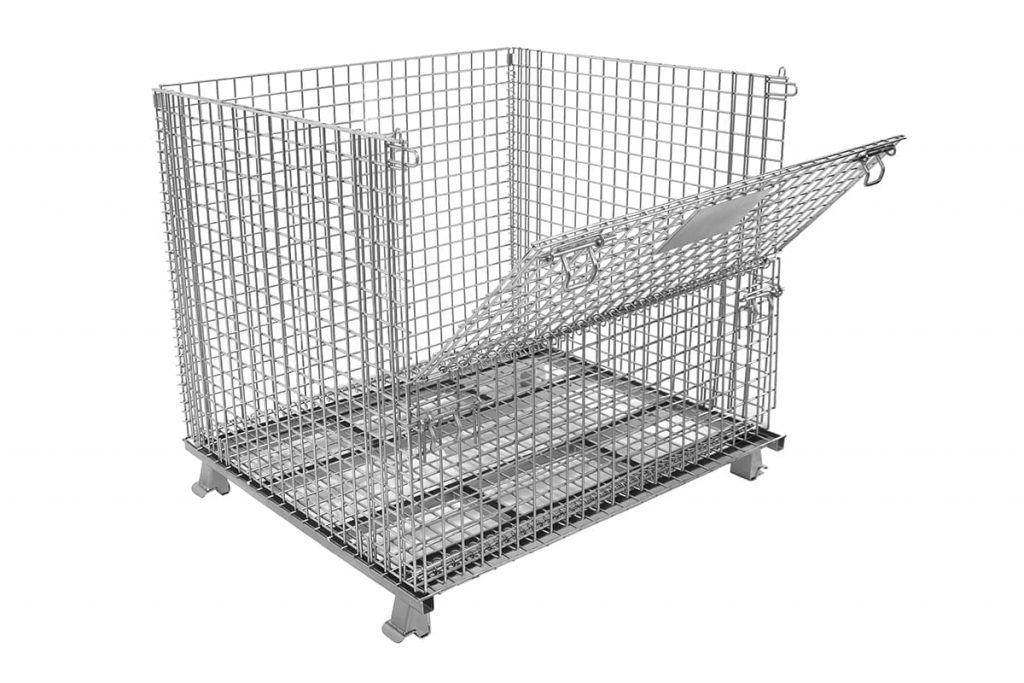Plastic bulk shipping containers have emerged as a sustainable choice in modern logistics and supply chain management. These containers, made from durable and recyclable materials, offer a range of environmental and economic benefits that make them a preferred option for businesses worldwide. One of the key advantages of plastic bulk shipping containers is their durability. Unlike traditional cardboard or wooden containers that may wear out after a few uses, plastic containers are designed to withstand multiple trips without compromising their structural integrity. This durability not only reduces the need for frequent replacements but also minimizes the risk of product damage during transit, leading to cost savings for businesses and a more sustainable approach to packaging. Moreover, the recyclability of plastic bulk shipping containers contributes significantly to their sustainability profile. Many of these containers are made from high-density polyethylene HDPE or polypropylene PP, both of which are widely accepted for recycling. This means that at the end of their life cycle, these containers can be collected, processed, and turned into new products, reducing waste and conserving valuable resources.

In addition to being recyclable, plastic bulk shipping containers are also lightweight compared to alternative materials such as metal or wood. This lightweight nature translates to lower transportation costs and reduced fuel consumption, thereby lowering carbon emissions and environmental impact. Furthermore, their stackable design optimizes storage space, allowing more goods to be transported in each shipment and further improving efficiency and sustainability. Another notable advantage of plastic bulk shipping containers is their resistance to moisture, pests, and other external factors that can affect traditional packaging materials. This resistance helps protect the integrity of the goods being shipped, reducing the likelihood of spoilage or damage and enhancing overall supply chain reliability. By ensuring that products reach their destination in optimal condition, these containers support sustainable practices by minimizing waste and promoting resource efficiency. The versatility of plastic bulk shipping containers is also worth highlighting. They come in various sizes and configurations, allowing businesses to choose the most suitable options based on their specific needs.
Whether transporting liquids, powders, or solid materials, plastic containers offer a customizable solution that adapts to different product requirements, further enhancing their appeal in diverse industries. Furthermore, advancements in design and mesh container manufacturing technologies have led to the development of reusable and collapsible plastic bulk shipping containers. These collapsible containers can be folded when empty, reducing storage space requirements during return transport and optimizing warehouse utilization. This innovative approach not only improves efficiency but also reduces the overall environmental footprint associated with shipping and logistics operations. Plastic bulk shipping containers represent a sustainable choice for businesses seeking to optimize their supply chains while minimizing environmental impact. Their durability, recyclability, lightweight design, resistance to external factors, versatility, and innovative features make them a preferred packaging solution in today’s dynamic and eco-conscious market.


